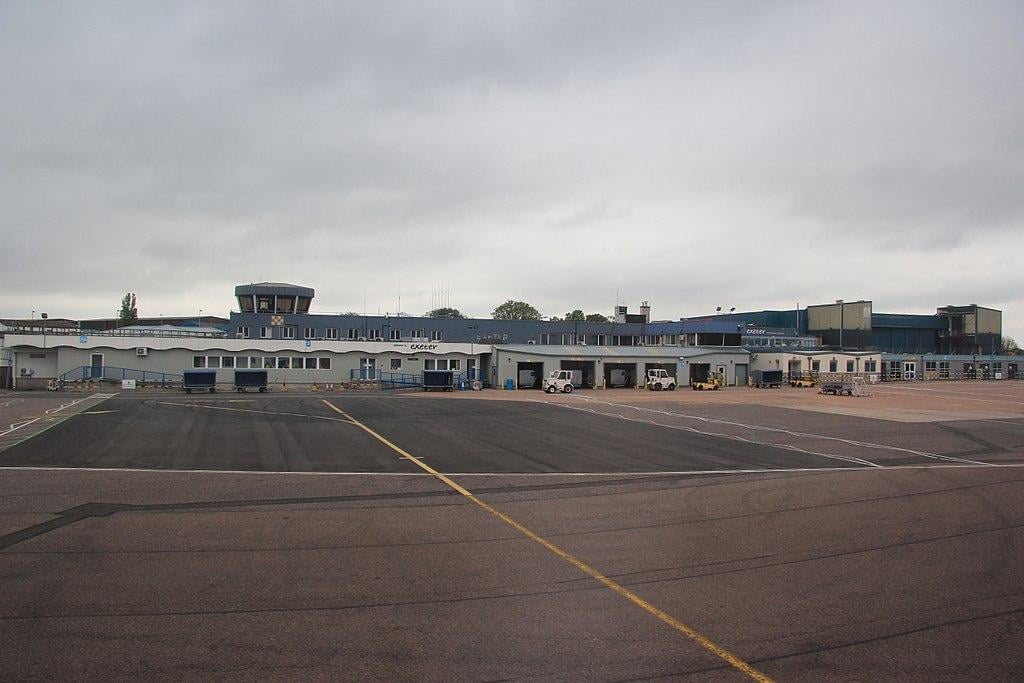Bizav Leaders Express Fears For Pandemic-Stricken UK Regional Airports

Almost since the moment in March when the COVID-19 pandemic forced industrialized nations into lockdown, business aviation leaders have talked up the plus sides for the sector.
So far, their optimism has largely been well-founded. But the sector is not entirely in charge of its own destiny, and the deleterious effects that the crisis is having across the wider air transport sector may yet throttle the industry’s resurgence.
One key area of concern is the provision of infrastructure. For every major metropolitan area with an airfield specializing in business aviation, there are scores of population centers where business jets are a minority user of regional airports. Many of those airports are coming under pressure as the problems affecting the commercial sector continue to mount, business aviation leaders say.
In the UK, other specific considerations have to be taken into account. The collapse of Thomas Cook Airlines in 2019 and FlyBe in March have hit several regional airports hard. Last month, Exeter Airport, which had relied upon FlyBe for around 80% of its business, announced a large number of job reductions. Meanwhile, almost forgotten amid the COVID crisis, efforts to avoid the UK having to leave the European Union without a comprehensive trade deal at the end of 2020 appear to be making little progress.
“There’s a triple whammy there,” says Dave Edwards, CEO of the Air Charter Association, a trade group representing private aviation businesses in the UK and Europe. “I don’t think we expected the furlough scheme or the tax breaks, but that will go at the end of quarter three. We are a sector that goes quiet over winter.”
Describing the final three months of this year as “that awful quarter four,” Edwards worries that the sector, while inherently resilient, will buckle if the infrastructure it relies on continues to take hit after hit after hit.
“What we’ve been saying all the time to the government is, ‘You need to look after the sector,’” he says. “And I think when we started these discussions there was a lack of understanding of what an airport was. To some extent the thought was, ‘Well, as long as the airport’s got some money then it’s fine.’ But it’s not. It’s the ancillary services, the outsource services. It’s the MROs. It’s everybody who gets their money from the aircraft landing. Once that’s gone, it won’t come back.”
“An airport is like a road,” says Adam Twidell, co-founder of UK charter broker PrivateFly. “If you build a road, people will drive down it. If you take away an airport, you’re really taking away any prospects of new business coming to the region in any substantial way.”
The stakes, both argue, are high—and go beyond the interests of the business aviation sector.
“If we don’t have these regional airports, anything the government is then trying to do to drive investment into the regions is just not going to happen,” Edwards says. Worse, he argues that existing businesses are likely to disinvest in regional operations when an airport is closed.
“Look at the amount of businesses who moved out of Plymouth when that airport shut,” he continues, referring to the airfield in the southwest of the UK which ceased operations in December 2011. The same will happen if other regional airfields close, he says. “Huge international businesses are going to be shut down because it’s impossible for them to travel in and out quickly.”
Investment in airports ought to be a national priority for other reasons, too, Twidell argues. Government will struggle to meet ambitious emissions reduction targets, he suggests, and may well inhibit innovation in new propulsion technologies if regional airfields are lost to the UK.
“What’s perhaps a decade away from being mainstream is electric aircraft,” he says. “Those won’t have the range to go across the Atlantic unless they’re hybrids. Electric aircraft are coming, and they’re going to be ultra-short range. We’re not going to be able to land in our back gardens overnight, so they’re still going to require hubs, whatever that may look like. They will need more modern heliports for vertical takeoff, but a lot of designs are based on conventional runways. If we take away those runways, we’re probably inhibiting our ability to promote more sustainable travel in the future.”






